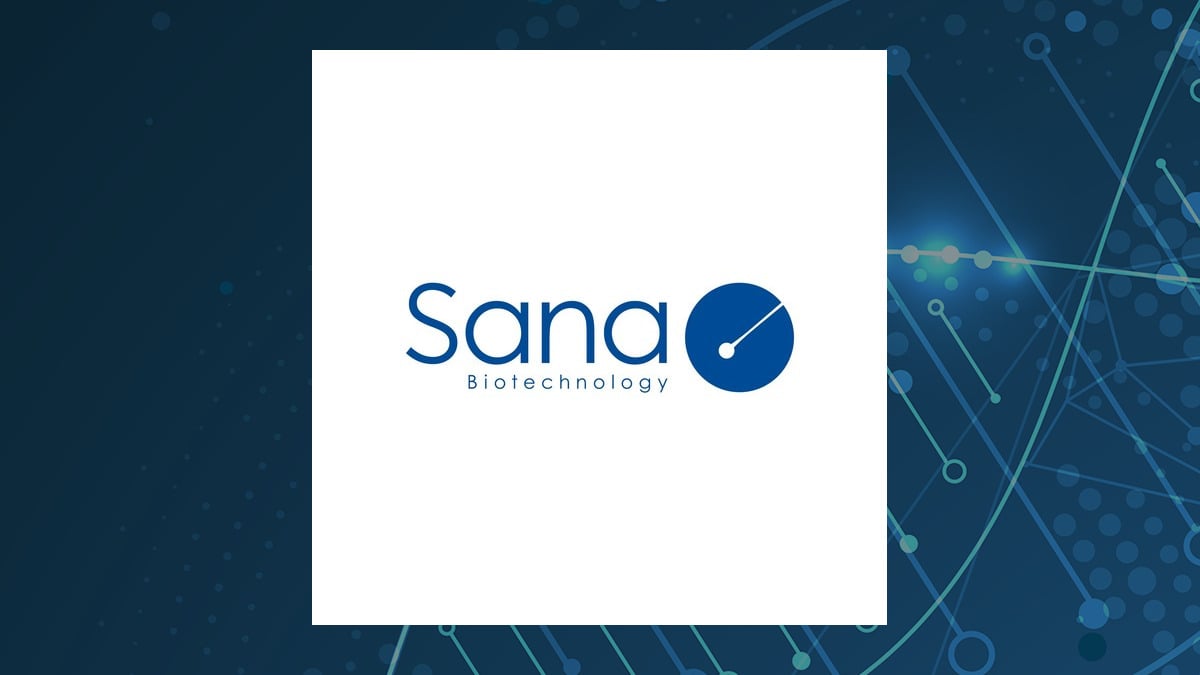Science
Sana Biotechnology vs Edesa Biotech: A Deep Stock Comparison

Sana Biotechnology and Edesa Biotech are both small-cap companies operating within the medical sector, each with unique strengths and weaknesses. This article analyzes key factors such as earnings, institutional ownership, profitability, and analyst recommendations to determine which stock may be a better investment option.
Comparative Ownership and Market Confidence
Institutional investors have shown significant confidence in Sana Biotechnology, as they hold 88.2% of its shares. In contrast, Edesa Biotech has only 5.5% of its shares owned by institutional investors. Additionally, insider ownership reflects a similar trend, with 30.1% of Sana’s shares owned by company insiders compared to 22.6% for Edesa. High institutional ownership typically indicates that large investment firms believe a stock will outperform the market over time.
Profitability and Analyst Insights
When evaluating profitability, both companies present a mixed picture. Specific metrics such as net margins and returns on equity are critical for investors. Currently, Sana Biotechnology has a consensus target price of $7.50, indicating a potential upside of 89.39%. Edesa Biotech, on the other hand, boasts a consensus target price of $5.00, suggesting an even higher upside of 95.31%. Analysts appear to favor Edesa Biotech based on this higher probable return.
Despite Edesa’s higher perceived upside, Sana Biotechnology is trading at a lower price-to-earnings ratio, making it appear more affordable in terms of valuation. This disparity invites investors to consider not just potential gains, but also the current cost of entry.
Volatility and Risk Assessment
The volatility of these stocks is another crucial factor. Sana Biotechnology has a beta of 1.91, indicating its share price is 91% more volatile than the S&P 500. Conversely, Edesa Biotech has a beta of 0.07, suggesting that its stock is 93% less volatile than the S&P 500. For investors who prefer stability, Edesa may present a less risky option, while those willing to embrace higher risk for potentially greater rewards might find Sana appealing.
Company Profiles and Development Focus
Sana Biotechnology focuses on utilizing engineered cells as medicines, developing platforms for various therapeutic areas including oncology and autoimmune diseases. Its notable product candidates include SC291 for hematologic malignancies and ARDENT for non-Hodgkin’s lymphoma. Incorporated in 2018 and based in Seattle, Washington, Sana has positioned itself to address significant unmet medical needs.
Edesa Biotech, founded in 2015 and headquartered in Markham, Canada, specializes in developing pharmaceutical products for inflammatory and immune-related diseases. Its lead product candidates include EB05, which is in Phase 3 clinical trials for treating acute respiratory distress syndrome related to COVID-19, and EB01, a topical cream for chronic allergic contact dermatitis.
In conclusion, while Sana Biotechnology has the edge in institutional and insider ownership, Edesa Biotech presents a more favorable risk-reward ratio based on analyst projections. Investors should weigh these factors carefully, taking into account their own risk tolerance and investment strategy.
-

 Technology5 months ago
Technology5 months agoDiscover the Top 10 Calorie Counting Apps of 2025
-

 Health3 months ago
Health3 months agoBella Hadid Shares Health Update After Treatment for Lyme Disease
-

 Health3 months ago
Health3 months agoErin Bates Shares Recovery Update Following Sepsis Complications
-

 Technology4 months ago
Technology4 months agoDiscover How to Reverse Image Search Using ChatGPT Effortlessly
-

 Technology1 month ago
Technology1 month agoDiscover 2025’s Top GPUs for Exceptional 4K Gaming Performance
-

 Technology3 months ago
Technology3 months agoElectric Moto Influencer Surronster Arrested in Tijuana
-

 Technology5 months ago
Technology5 months agoMeta Initiates $60B AI Data Center Expansion, Starting in Ohio
-

 Technology5 months ago
Technology5 months agoRecovering a Suspended TikTok Account: A Step-by-Step Guide
-

 Health4 months ago
Health4 months agoTested: Rab Firewall Mountain Jacket Survives Harsh Conditions
-

 Lifestyle5 months ago
Lifestyle5 months agoBelton Family Reunites After Daughter Survives Hill Country Floods
-

 Health3 months ago
Health3 months agoAnalysts Project Stronger Growth for Apple’s iPhone 17 Lineup
-

 Technology4 months ago
Technology4 months agoHarmonic Launches AI Chatbot App to Transform Mathematical Reasoning









